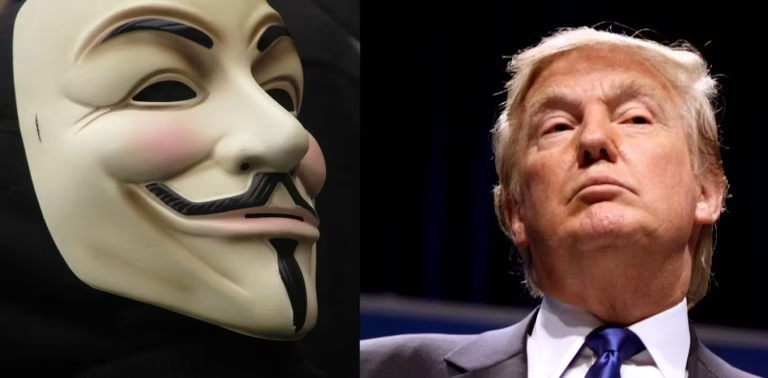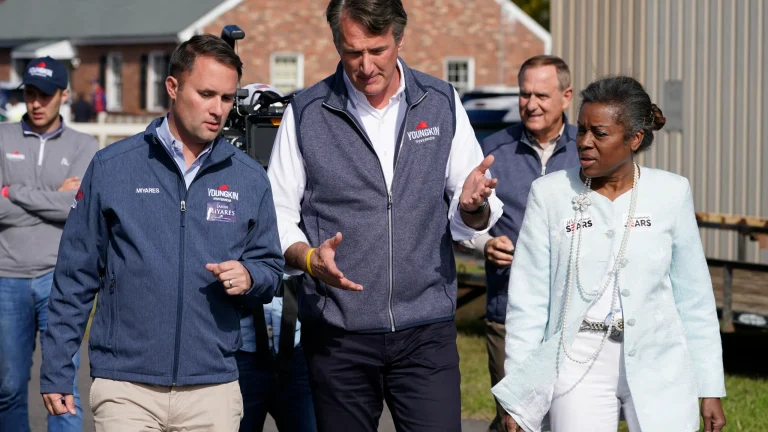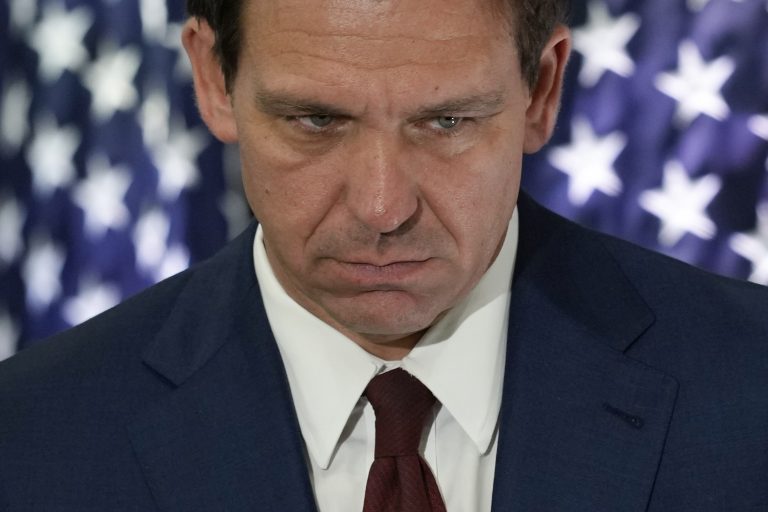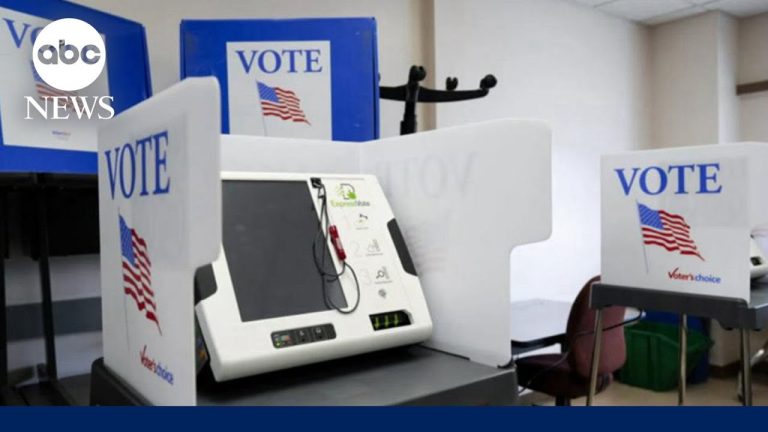December 31, 2010: It's difficult to look beyond the tumult of current events and ask, "what happened this year that will be remembered ten, twenty, or fifty years from now?" However, there was one 2010 event that, in terms of its long-term impact, loomed above the others, the Citizens United v. FEC Supreme Court Decision.
Writing in the New York Review, law professor Ronald Dworkin explained Citizens United v. FEC: "In the 2008 presidential primary season a small corporation, Citizens United, financed to a minor extent by corporate contributions, tried to broadcast a derogatory movie about Hillary Clinton. The FEC declared the broadcast illegal under the BCRA [Bipartisan Campaign Reform Act]. Citizens United then asked the Supreme Court to declare it exempt from that statute on the ground, among others, that it proposed to broadcast its movie only on a pay-per-view channel." In an extraordinary example of judicial activism, the Supreme Court conservative majority, led by Chief Justice John Roberts, declared the entire BCRA act unconstitutional.
The Supreme Court hadn't been the story of the year since the December 12, 2000, Bush v. Gore decision. This paved the way for Bush's installation as president and his nomination of John Roberts as Chief Justice in September of 2005. Many Supreme Court observers regard Roberts as the judicial equivalent of the "Manchurian Candidate." New Yorker legal analyst Jeffrey Toobin noted Roberts' dogmatic conservatism: "In every major case since he became the nation's seventeenth Chief Justice, Roberts [and his conservative allies] has sided with the prosecution over the defendant, the state over the condemned, the executive branch over the legislative, and the corporate defendant over the individual plaintiff."
John Roberts had worked as an attorney for both the Ronald Reagan and George H. W. Bush administrations and, therefore, possible conservative "judicial activism" was a concern of the Democratic Senators who questioned him before confirmation. Roberts denied that he was an activist and appeared to honor the legal tradition of stare decisis, abiding by precedent. Five years later, it's apparent that Roberts hid his true philosophy.
In the Citizens United decision Roberts aggressively advanced the conservative agenda along three fronts. First, the decision to hear this case was an extraordinary example of judicial activism. Professor Dworkin observed, Citizens United "did not challenge the constitutionality of [BCRA]. But the five conservative justices — Chief Justice Roberts and Justices Samuel Alito, Anthony Kennedy, Antonin Scalia, and Clarence Thomas — decided on their own initiative, after a rehearing they themselves called for, that they wanted to declare the act unconstitutional anyway." [Emphasis added] Justice Kennedy, who wrote the majority opinion, explained that the conservative justices called for the rehearing because they had dissented on the most pertinent precedent, McConnell v. FEC, and had continued to complain about it.








